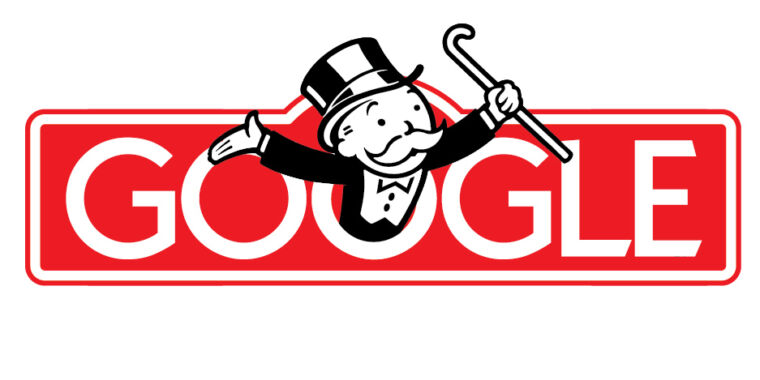- cross-posted to:
- android@lemmy.world
- technology@lemmy.ml
- cross-posted to:
- android@lemmy.world
- technology@lemmy.ml
Android OEMs also get android…
Android is not owned by Google. Android comes from the AOSP (android open source project) which is free and open source. Google contributes but so do the other OEMS.
Android without Google’s proprietary bits (Play services, Play Store, etc.) is not very appealing to most end-users. Google has been working hard to move more and more of the Android experience out of AOSP to make sure OEMs stay in line. Ever notice how a lot of built-in apps update through the Play Store now?
True. Unfortunately Google’s intention isn’t to protect the user experience by keeping the OEMs in line, it’s to control and profit off of that control.
Is Android heavily associated to Google? Of course. Should it be? I would say no. Hence the original comment.
🤖 I’m a bot that provides automatic summaries for articles:
Click here to see the summary
The big participants in this program are/were Motorola, LG, and HMD, which had at least 98 percent of their devices qualify.
Other brands like Xiaomi, Sony, Sharp, and BBK (that’s OnePlus, Oppo, and Vivo) were at 70 percent.
Android partners don’t just get search revenue; they also get a cut of Google Play app sales and ads run on their devices.
Notably absent from that list is Samsung, which, as the biggest Android OEM, has its own deal with Google.
We’re unsure how that was calculated, but Apple gets an $18 billion-a-year lump sum payment plus the 36 percent revenue share.
Pichai recently justified the huge payment gap by saying that Google has to share Android revenue with carriers, too, but that’s not true in Apple’s case.
Saved 80% of original text.





